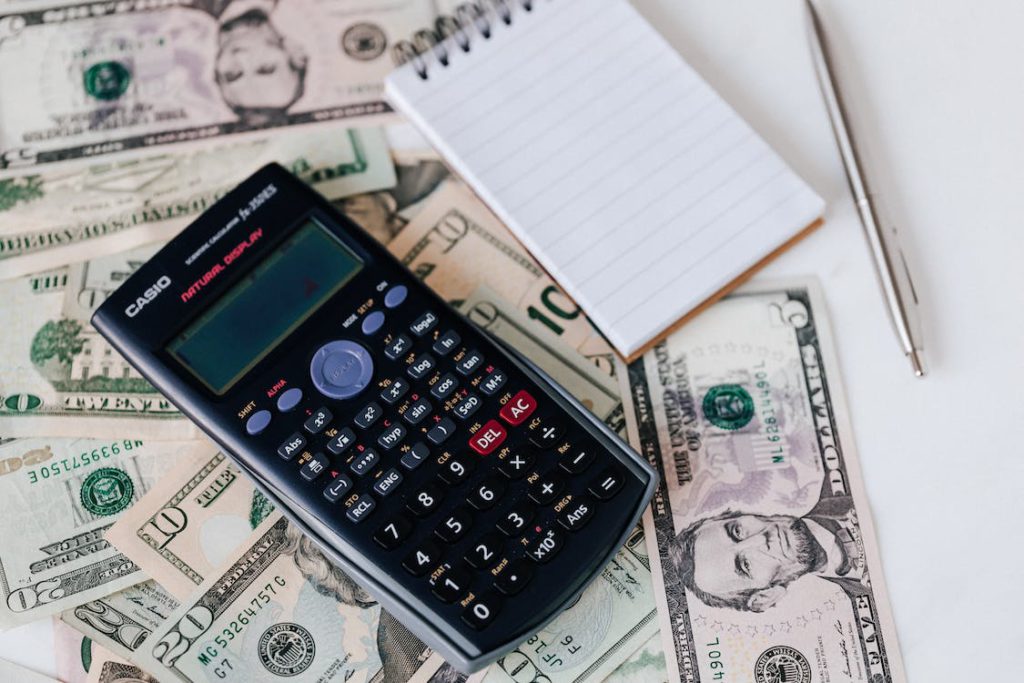Section 160 of the Income Tax Act in Canada is a tool for tax collection which impedes taxpayers attempting to hide assets from the tax collector by transferring them to related corporations, friends, or relatives.
There is a wide variety of transactions, such as those involving cryptocurrency and NFTs, so if you receive anything like this from a related party (spouse, child, business partner, etc.) with outstanding debts, the CRA might send tax collectors after you for their debt, and it also catches out those who don't know the property they are receiving is from a tax debtor. Also, there is no set limitation period. It applies if the following 4 conditions are met:
- A property was transferred directly or indirectly via a trust or other means.
- The transferor owed tax to the Canada Revenue Agency.
- The recipient was either the transferor's spouse or common-law spouse, someone under 18 years old or someone the transferor dealt with at arm's length (meaning a trust or similar).
- The recipient paid less than fair market value for the property.
So, if you receive NFTs, cryptocurrency or another blockchain-based asset from a relative or related party with tax debts and you didn't give full consideration (such as a gift of cryptocurrency), Section 160 might surprise you.
When it kicks in, both the transferor and recipient are jointly and severally liable for the tax debt. The recipient is independently responsible for the tax debt at the time of the transfer, so the CRA can now pursue both parties. If the original debtor is discharged from bankruptcy later and therefore released from the debt, the derivative tax debtor is still liable until the debt is repaid in full. The debt is capped at the property's fair market value, and the recipient's liability decreases by however much the consideration they provided for the property was.
A payment from a taxpayer with inherited liability under section 160 reduces both debts, meaning that of the original tax debtor as well. However, according to subsection 160(3), the original debtor must pay off all their taxes first.
The rules related to GST and HST debts are similar, according to section 325 of the Excise Tax Act.
How to Respond to Derivate Cryptocurrency Tax Assessments
If you have any outstanding tax debts when transferring crypto, NFTs or another blockchain-based asset to relatives or friends to hide them from the CRA, you expose those relatives or friends to CRA collections action, even if it’s not deliberate. Also, you might get a tax fine if you receive crypto or similar from someone with existing tax debts.
So, if you plan on any kind of blockchain transaction, seek advice from an expert crypto-tax accountant about reducing your exposure under section 160.
If you do get a section 160 or 325 notice of assessment, you can challenge it by filing an objection notice within the time limit. You can also challenge the underlying tax debt whether or not the original debtor did.
After receiving your objection, the CRA will give you an appeals officer to review it. If the decision is unfavourable, you can file a notice of appeal to the Tax Court of Canada to continue the dispute.
Usually, you only have 90 days to file an objection. If you pass that time, you might be able to get an extension, but it isn't guaranteed. If you don't appeal within the relevant deadlines, you can expect to be stuck with the cryptocurrency tax debt even if the original debtor has gone bankrupt.
You can typically avoid such problems by consulting an experienced Canadian cryptocurrency accountant at Tax Partners who will be able to assist you with a compelling, thorough objection to the Canada Revenue Agency.
More information about Tax Partners, please visit our YouTube channel or contact us at 905-836-8755. Alternatively, you may email us at info@taxpartners.ca.
The content of this blog/article is intended to provide a general guide to the subject matter. Specialist advice should be sought about your specific circumstances. Our firm does offer a FREE initial consultation (30 minutes).


